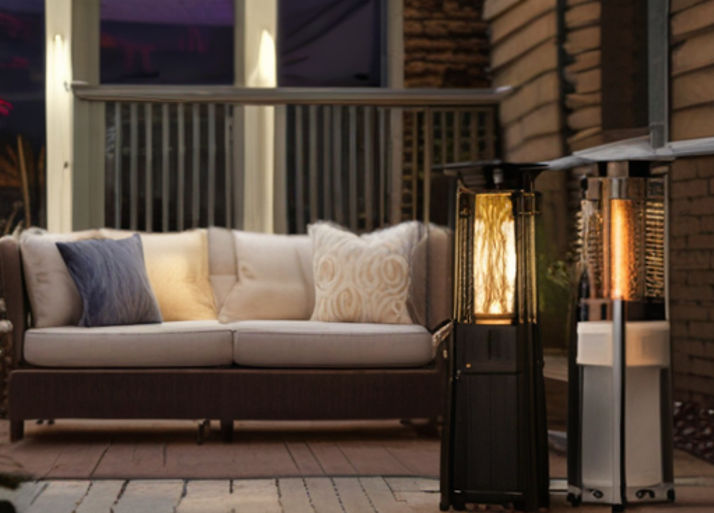
The concept of smart homes has expanded beyond the confines of indoor spaces in recent years to encompass outdoor environments as well. As outdoor living spaces gain popularity, so does the desire for intelligent climate control solutions. Patio heaters, once simple fixtures for extending outdoor seasons, are now becoming part of the smart home ecosystem. Efficient programming lies at the heart of these advancements, enabling seamless integration and enhanced functionality.
Smart patio heater control systems leverage a combination of hardware and software to deliver an optimal outdoor heating experience. At the core of these systems are sophisticated algorithms designed to manage heat output, monitor environmental conditions, and optimize energy consumption. Efficient programming solutions play a pivotal role in achieving these objectives while ensuring user comfort and convenience.
One of the primary challenges in programming smart patio heater control systems is the need to adapt to variable outdoor conditions. Unlike indoor environments, outdoor spaces are subject to fluctuating temperatures, wind speeds, and humidity levels. To address these challenges, programmers employ sensor data to continuously monitor environmental parameters. By collecting real-time data, the control system can dynamically adjust heating levels to maintain a comfortable outdoor ambiance.
Efficiency is another key consideration in smart patio heater programming. With energy conservation gaining importance, developers strive to minimize power consumption without compromising heating performance. This requires sophisticated algorithms that analyze usage patterns, predict heating demands, and optimize operational parameters accordingly. By intelligently managing heat output, smart patio heaters can achieve significant energy savings while delivering consistent warmth.
ALSO READ: Optimizing IPTV Subscription Management with Software Solutions
Integration with existing smart home platforms is another aspect where efficient programming solutions excel. Seamless connectivity allows users to control patio heaters remotely via smartphones or voice assistants. Through intuitive interfaces, users can adjust temperature settings, schedule heating cycles, and receive real-time status updates. By leveraging APIs and protocols such as Wi-Fi, Bluetooth, and Zigbee, programmers ensure compatibility with a wide range of smart home ecosystems.
Moreover, efficient programming enables advanced features such as zone heating and adaptive scheduling. Zone heating allows users to target specific areas within the outdoor space, providing personalized comfort for different activities or seating areas. Adaptive scheduling automatically adjusts heating levels based on usage patterns, optimizing energy usage throughout the day and night.
Conclusion
Efficient programming solutions are essential for the development of smart patio heater control systems. By leveraging sensor data, optimizing energy consumption, and integrating seamlessly with smart home platforms, these systems enhance outdoor comfort while promoting sustainability. As outdoor living continues to evolve, the marriage of software and hardware innovation will play an increasingly critical role in shaping the future of outdoor climate control.
